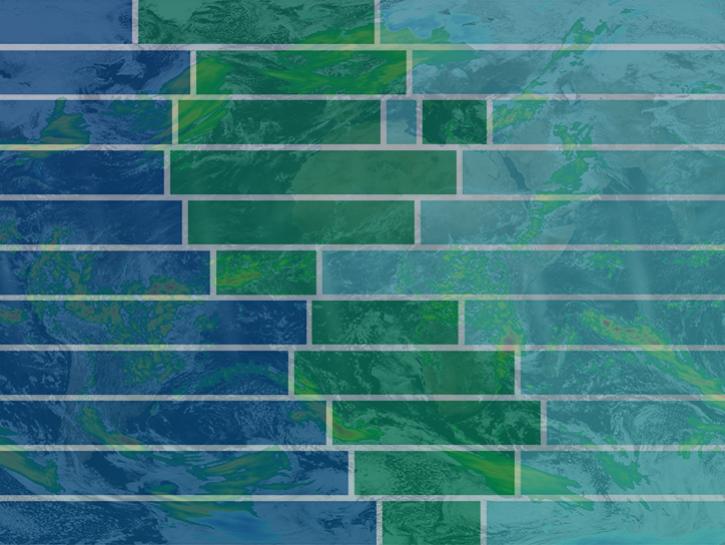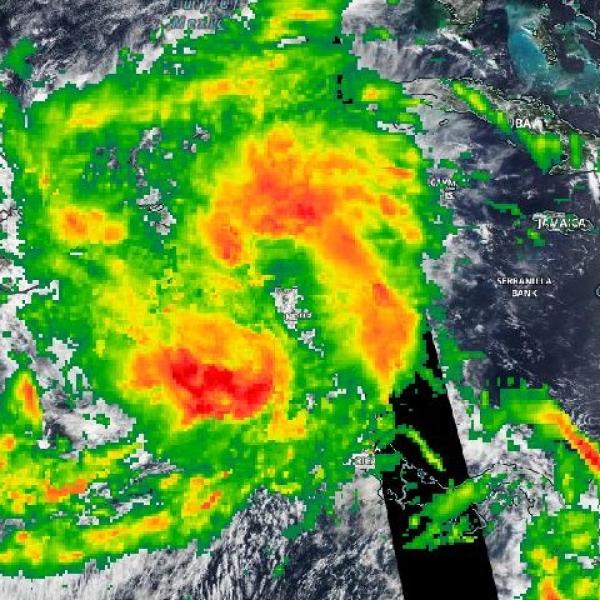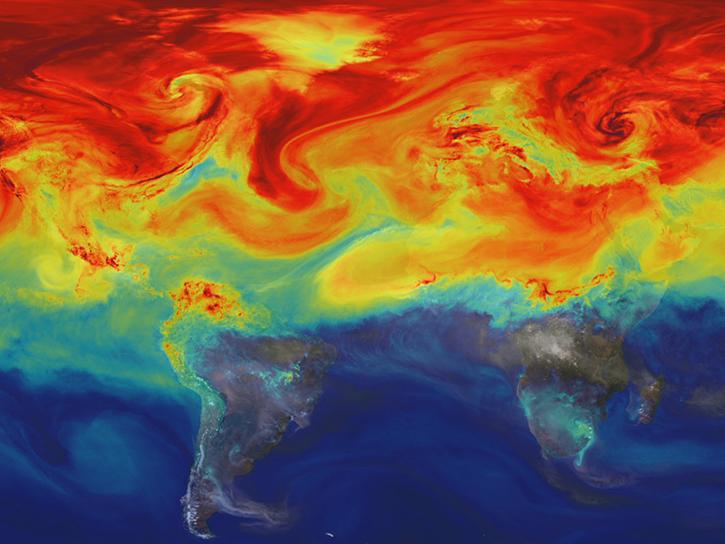Access a range of datasets and data tools to further your precipitation research.
Rain, snow, sleet, and other types of precipitation are vital for many processes across the planet. Precipitation, particularly rain, affects air quality by removing precursors of air pollution and particulate matter. Rain can also suppress certain emissions, such as dust. Rain and snow provide the water upon which agriculture depends, either directly (via rain or snowfall directly on fields) or indirectly (through water reserves that are used for irrigation). Understanding how this water is distributed and how it changes is essential to food security and sustainable water usage.
Precipitation can have negative as well as positive effects. Flooding can occur in any location where precipitation occurs. Measuring rainfall helps advance our understanding of Earth's water cycle, improving forecasts of extreme events such as flooding. Precipitation is also the ultimate source of water for the aquatic habitats of disease-causing mosquito larvae. However, the direct effects of precipitation on larval survival are highly varied and are not always positive. For example, flooding from heavy rain can result in high levels of larval mortality.
NASA’s Earth observation data useful for the study of precipitation include precipitation rates, rainfall estimates, and total precipitation. Both historical and near real-time data are available. These data products help scientists understand important topics such as natural disasters, weather, disease spread, agriculture, and air quality.
Learn How to Use Precipitation Data




Join Our Community of NASA Data Users
While NASA data are openly available without restriction, an Earthdata Login is required to download data and to use some tools with full functionality.
Learn About the Benefits of Earthdata LoginFrequently Asked Questions
Earthdata Forum
Our online forum provides a space for users to browse thousands of FAQs about research needs, data, and data applications. You can also submit new questions for our experts to answer.
Submit Questions to Earthdata Forumand View Expert Responses